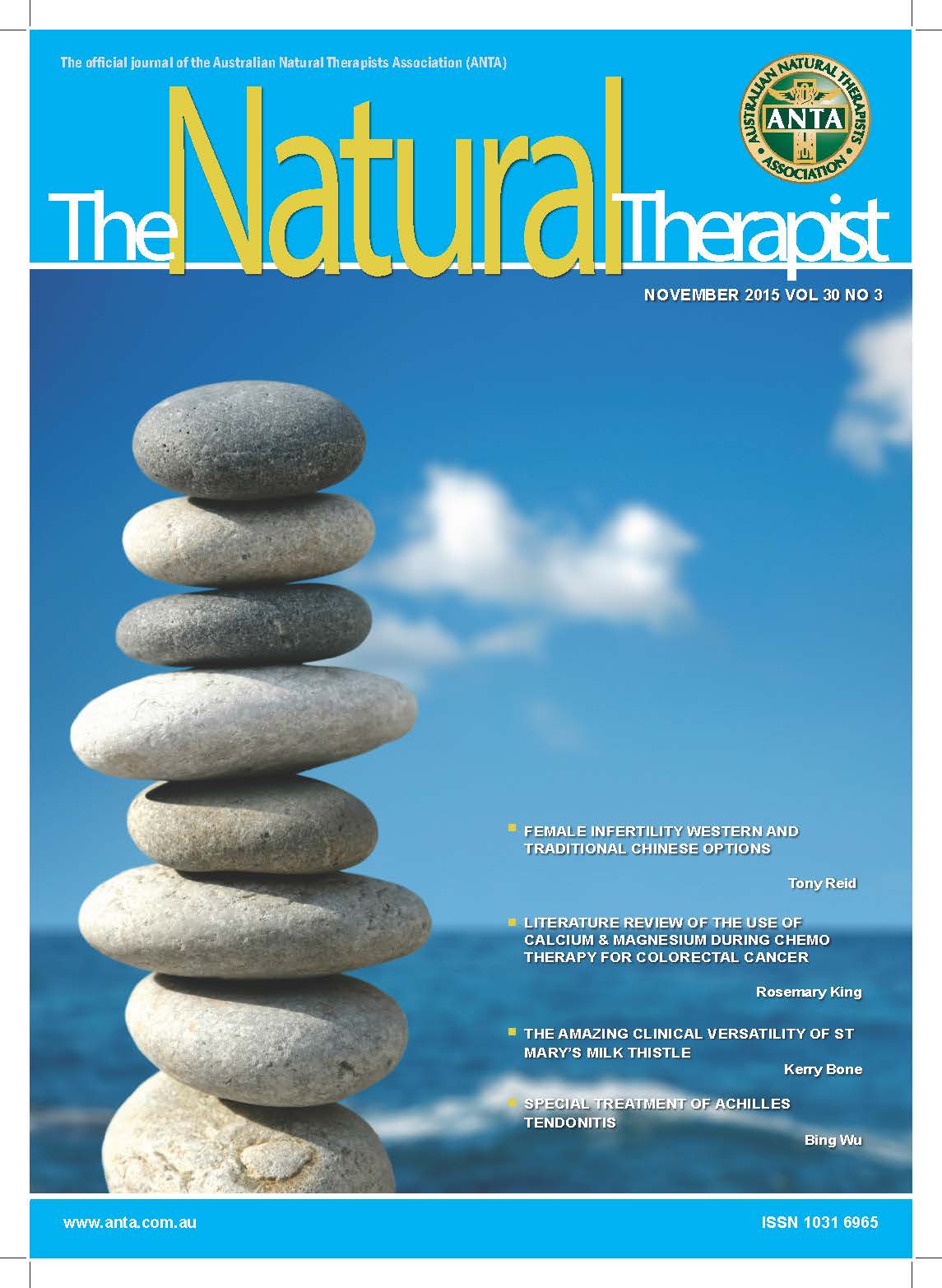News Categories
Can Chinese Medicine Treat Cancer? Research says Yes
Traditional Chinese Medicine in Cancer Care: A Review of Controlled Clinical Studies Published in Chinese
Xun Li1,2, Guoyan Yang1, Xinxue Li1, Yan Zhang3, Jingli Yang4., Jiu Chang3., Xiaoxuan Sun3., Xiaoyun Zhou5, Yu Guo5, Yue Xu6, Jianping Liu1*, Alan Bensoussan2*
1 Centre for Evidence-based Chinese Medicine, Beijing University of Chinese Medicine, Beijing, China, 2 Centre for Complementary Medicine Research (CompleMED), University of Western Sydney, Sydney, New South Wales, Australia, 3 School of Preclinical Medicine, Beijing University of Chinese Medicine, Beijing, China, 4 School of Management, Beijing University of Chinese Medicine, Beijing, China, 5 School of Acupuncture and Moxibustion, Beijing University of Chinese Medicine, Beijing, China, 6 School of Humanities, Beijing University of Chinese Medicine, Beijing, China
Abstract
Background: Traditional Chinese medicine (TCM) has been widely applied for cancer care in China. There have been a large number of controlled clinical studies published in Chinese literature, yet no systematic searching and analysis has been done. This study summarizes the current evidence of controlled clinical studies of TCM for cancer.
Methods: We searched all the controlled clinical studies of TCM therapies for all kinds of cancers published in Chinese in four main Chinese electronic databases from their inception to November 2011. We bibliometrically analyzed the included studies and assessed the reporting quality.
Results: A total of 2964 reports (involving 253,434 cancer patients) including 2385 randomized controlled trials and 579 non-randomized controlled studies were included. The top seven cancer types treated were lung cancer, liver cancer, stomach cancer, breast cancer, esophagus cancer, colorectal cancer and nasopharyngeal cancer by both study numbers and case numbers. The majority of studies (72%) applied TCM therapy combined with conventional treatment, whilst fewer (28%) applied only TCM therapy in the experimental groups. Herbal medicine was the most frequently applied TCM therapy (2677 studies, 90.32%). The most frequently reported outcome was clinical symptom improvement (1667 studies, 56.24%) followed by biomarker indices (1270 studies, 42.85%), quality of life (1129 studies, 38.09%), chemo/radiotherapy induced side effects (1094 studies, 36.91%), tumor size (869 studies, 29.32%) and safety (547 studies, 18.45%). Completeness and adequacy of reporting appeared to improve with time.
Conclusions: Data from controlled clinical studies of TCM therapies in cancer treatment is substantial, and different therapies are applied either as monotherapy or in combination with conventional medicine. Reporting of controlled clinical studies should be improved based on the CONSORT and TREND Statements in future. Further studies should address the most frequently used TCM therapy for common cancers and outcome measures should address survival, relapse/metastasis and quality of life.
![]() TCM in Cancer Care: A Review of Controlled Clinical Studies » (PDF 1.5Mb)
TCM in Cancer Care: A Review of Controlled Clinical Studies » (PDF 1.5Mb)
Use our search facility to find what you're looking for on the ANTA website.


